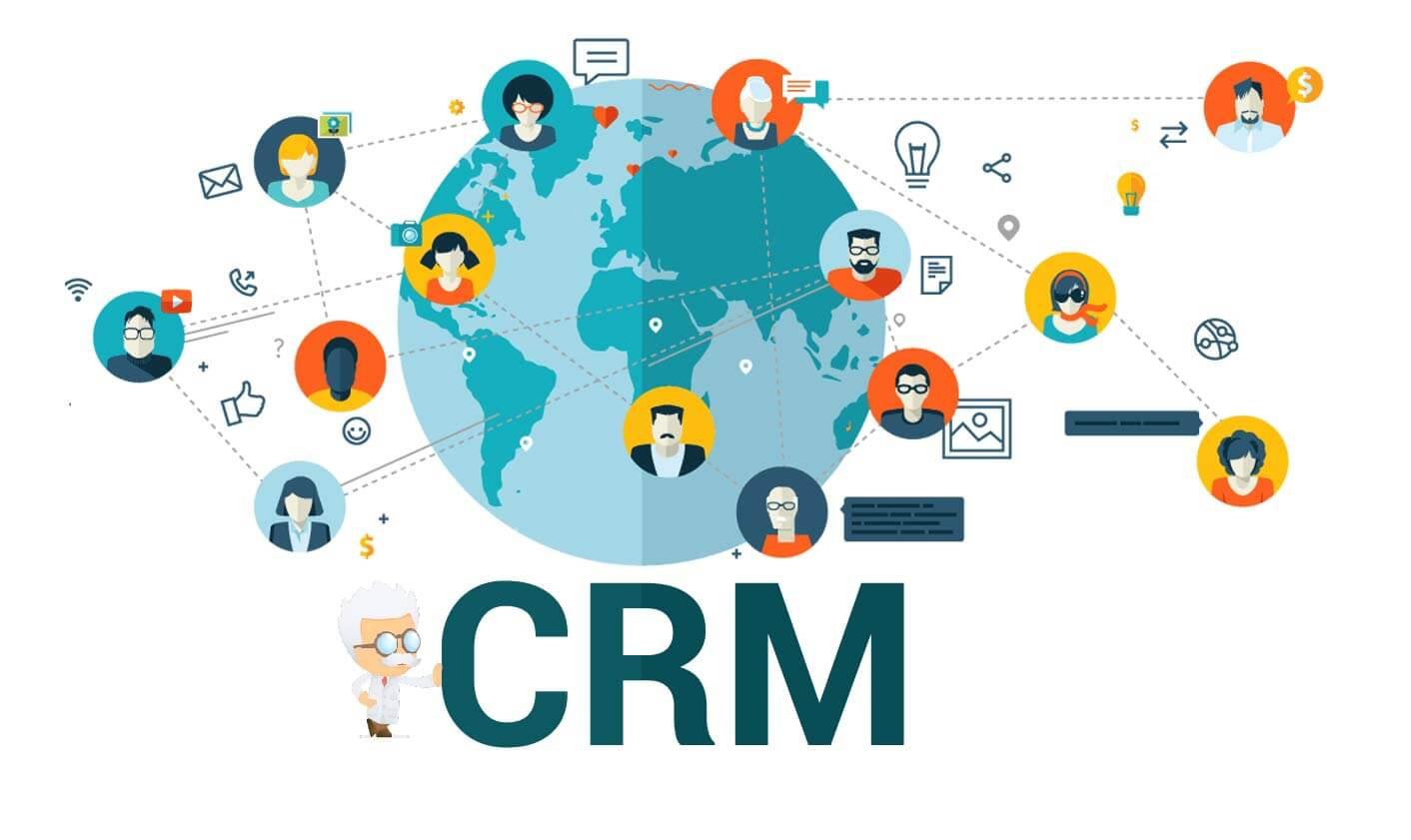The Central Hub of Modern Business: Understanding CRM Software

In the digital-first era, understanding and managing customer relationships is the cornerstone of sustainable success. This is the primary function of CRM Software (Customer Relationship Management), a technology solution that helps businesses of all sizes manage and analyze customer interactions and data throughout the customer lifecycle. By providing a centralized platform for all customer-facing activities, CRM systems aim to improve business relationships, assist in customer retention, and drive sales growth. The critical role of these platforms in modern business is underscored by the market's projected expansion to a valuation of USD 153.35 billion by 2035, growing at a robust CAGR of 11.50% during the 2025-2035 forecast period, highlighting a massive global investment in customer-centric strategies.
At its core, a CRM system is built upon three fundamental pillars: sales, marketing, and customer service. Sales automation tools help sales teams manage their pipeline, track leads, forecast sales, and automate repetitive tasks, allowing them to focus on closing deals. Marketing automation capabilities enable businesses to create, manage, and measure targeted marketing campaigns, segment customer lists, and nurture leads through personalized communication. Customer service and support features provide tools like helpdesk ticketing, knowledge bases, and customer service analytics to ensure that customer issues are resolved quickly and efficiently, leading to higher satisfaction and loyalty. These three pillars work in concert to create a unified view of the customer.
The true power of a CRM lies in its ability to create a "360-degree view" of each customer. By consolidating all touchpoints and data—from past purchases and service inquiries to website visits and marketing interactions—into a single, unified profile, a CRM system provides invaluable insights. This holistic view allows sales teams to have more informed conversations, marketing teams to create more relevant campaigns, and service agents to provide more personalized support. This data-centric approach transforms customer relationships from transactional encounters into long-term, data-driven partnerships, enabling businesses to anticipate customer needs and proactively engage with them.
The benefits of implementing a CRM system are tangible and far-reaching. The most significant advantages include improved customer satisfaction and retention, as businesses can provide a more consistent and personalized experience. It leads to increased sales productivity and revenue growth by streamlining the sales process and providing teams with better tools and insights. Furthermore, a CRM enhances collaboration between different departments, breaking down information silos and ensuring that everyone in the organization is working from the same customer data. By providing a wealth of data for analysis, it also enables better, more informed strategic decision-making across the entire enterprise.
Explore Our Latest Regional Trending Reports!
- Art
- Causes
- Crafts
- Dance
- Drinks
- Film
- Fitness
- Food
- Spiele
- Gardening
- Health
- Startseite
- Literature
- Music
- Networking
- Andere
- Party
- Religion
- Shopping
- Sports
- Theater
- Wellness
